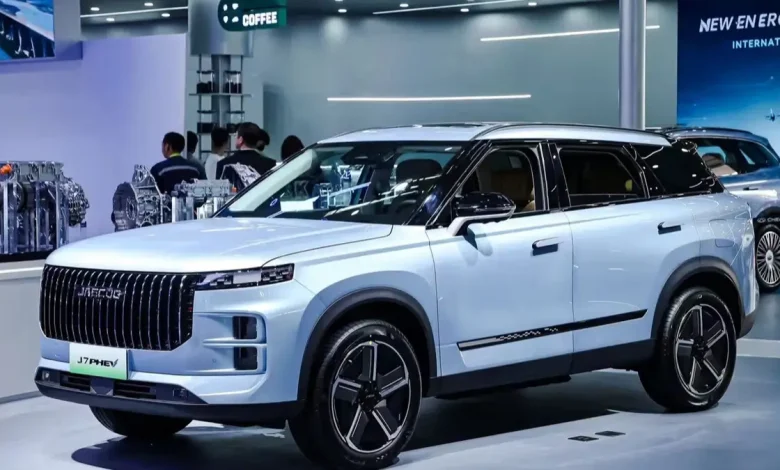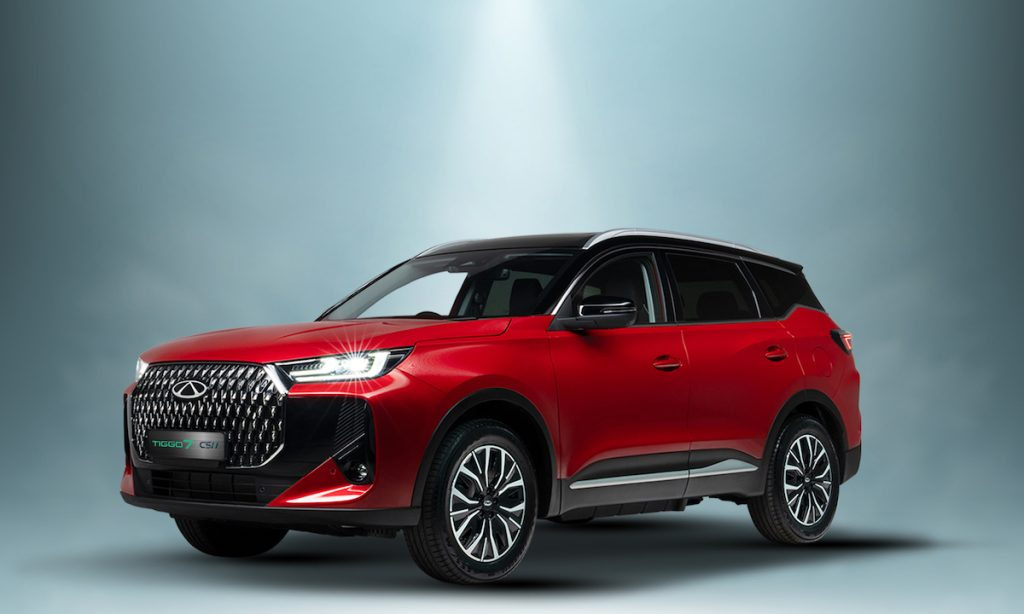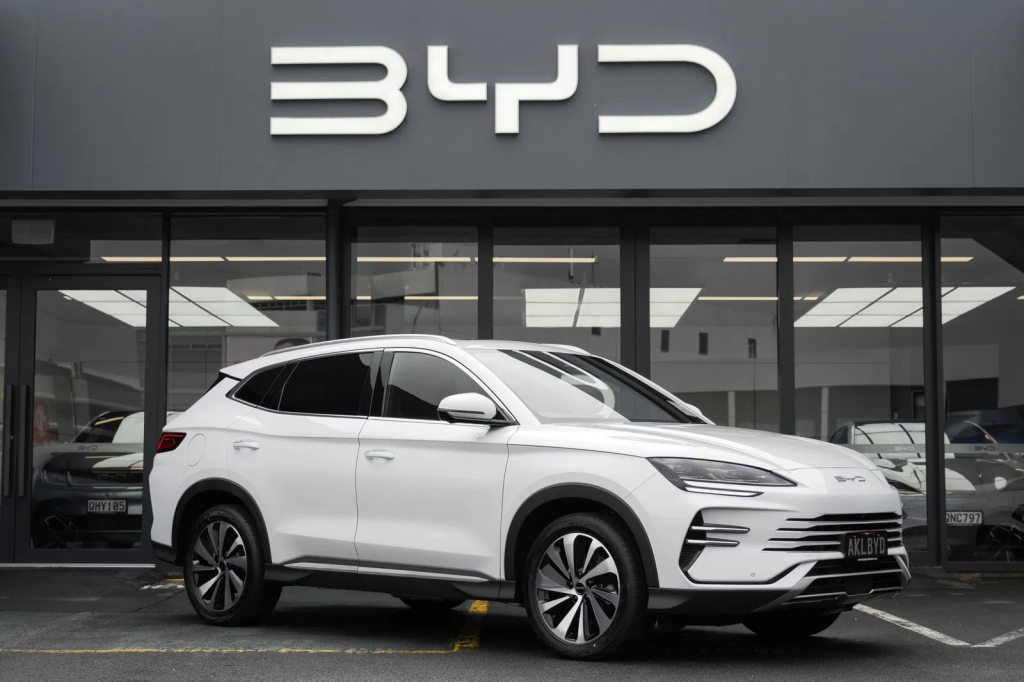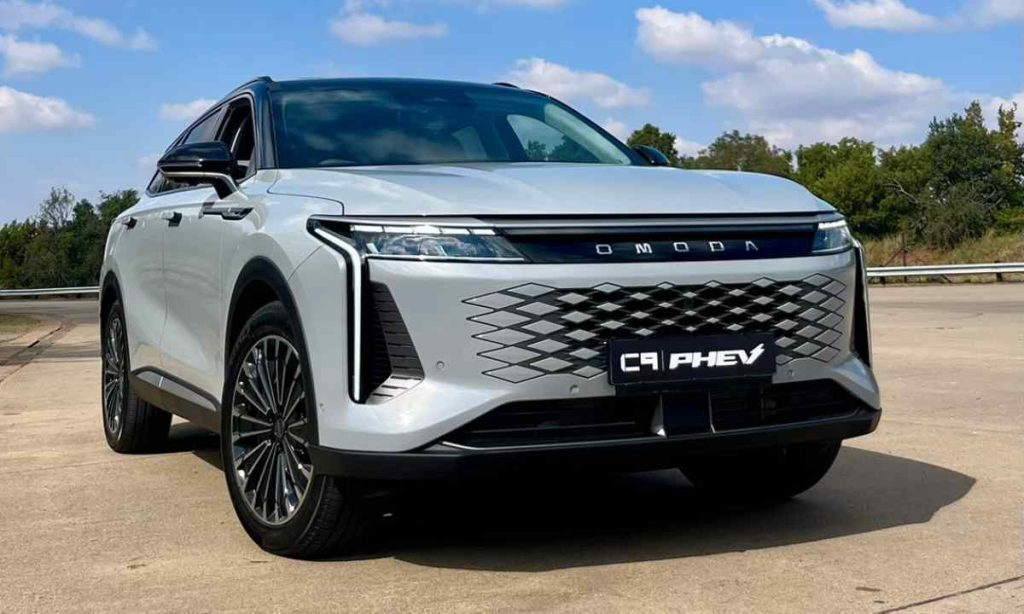The Cost of Plug-in Hybrid Vehicles Dramatically Drops: They Are R450,000 Cheaper Now

In a surprising turn for South Africa’s car market, the cost of plug-in hybrid vehicles (PHEVs) has taken a steep dive — with prices falling by as much as R450,000 in the first half of 2025. This shift, driven by a wave of competitively priced models from Chinese automakers, marks a pivotal moment in the country’s shift towards more fuel-efficient, environmentally conscious transport options.
Plug-in Hybrids: The Best of Both Worlds
PHEVs offer a compelling blend of electric and petrol-powered driving. Thanks to their high-capacity battery and electric motors, they allow for zero-emission trips in urban settings — while still boasting a combustion engine for longer distances. For South Africans, where charging infrastructure is still in its early stages and cross-country travel is common, this dual capability makes PHEVs a smart compromise.
However, despite their appeal, PHEVs have long been priced out of reach for most consumers. As of January 2025, the cheapest plug-in hybrid on offer was priced at R1,050,000. This price tag placed PHEVs firmly in the premium market, mostly dominated by luxury brands.

A New Era of Affordability
That all changed with the arrival of more accessible models. The Chery Tiggo 7 CSH, launched at R599,900, represents a staggering R450,000 drop in the base price of a PHEV. Not far behind is the BYD Sealion 6, which entered the market in April at R639,900. Though the Sealion briefly held the title of South Africa’s most affordable PHEV, the Chery undercut it by R40,000 just weeks later.
Other new entries have added momentum to the affordability trend. The Jaecoo J7 PHEV (R689,900) and Omoda C9 PHEV (R999,900) are further expanding the mid-tier options. Although the C9’s price is closer to R1 million, it competes with larger SUVs and still comes in R260,000 cheaper than comparable alternatives.

Even the rugged utility segment is joining the shift. BYD has introduced the Shark PHEV, a powerful double-cab bakkie that rivals conventional models — now with plug-in hybrid tech.
Key Plug-in Hybrid Models in South Africa (2025)
| Model | Starting Price | Vehicle Type | Notable Feature | Origin |
|---|---|---|---|---|
| Chery Tiggo 7 CSH | R599,900 | Compact SUV | Most affordable PHEV in SA | China |
| BYD Sealion 6 | R639,900 | Midsize SUV | Strong EV range and modern tech | China |
| Jaecoo J7 PHEV | R689,900 | Compact SUV | Stylish design with competitive powertrain | China |
| Omoda C9 PHEV | R999,900 | Large SUV | Competes with premium models like BMW X3 | China |
| BYD Shark PHEV | TBC (Expected Q3) | Double-cab Bakkie | High output, PHEV drivetrain for rugged use | China |
A notable trend among the newcomers is their country of origin. All the latest affordable PHEVs — from Chery to BYD, Jaecoo, and Omoda — hail from China. This reflects a broader shift in the auto industry, where Chinese brands are increasingly driving down the costs of new-energy vehicles and challenging long-established manufacturers.
Narrowing the Hybrid Price Gap
Although R600,000 is still a considerable sum, the new pricing brings PHEVs much closer to traditional hybrids like the Toyota Corolla Cross HEV, which starts at R494,400. That gap of just over R100,000 is a far cry from the half-million rand difference seen just a few months ago.

The dramatic price shift signals a turning point for hybrid adoption in South Africa. With more choices below the R700,000 mark, consumers now have access to vehicles that combine electric efficiency with petrol-powered reliability — at a price that’s significantly more approachable than before.
If infrastructure continues to evolve and competition remains fierce, the PHEV may well become the bridge technology that brings more South Africans into the world of electrified driving.
Related article: Volkswagen Hints at Second-Generation Tiguan R with Possible Hybrid Powertrain
